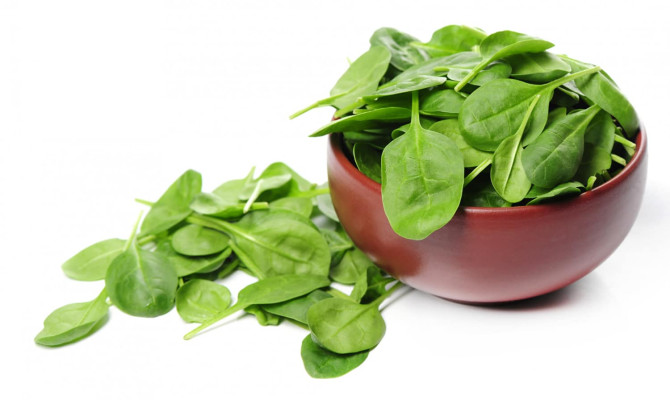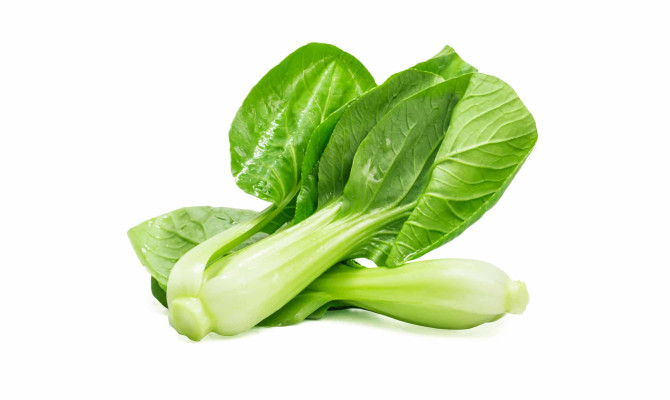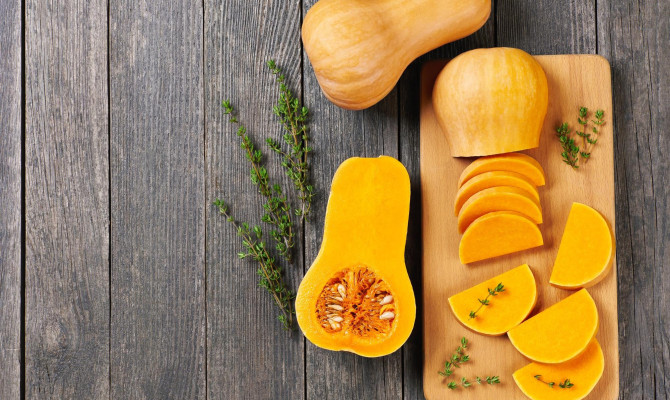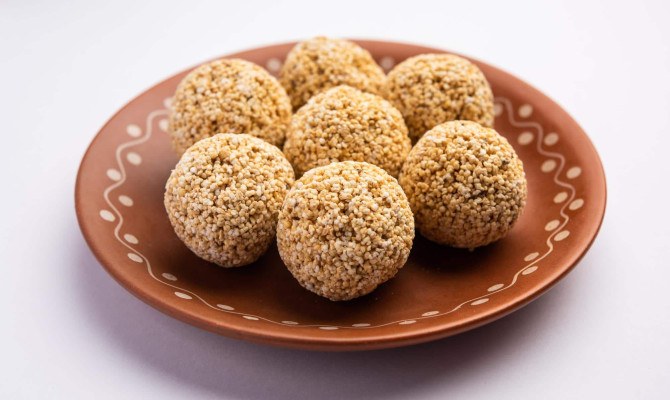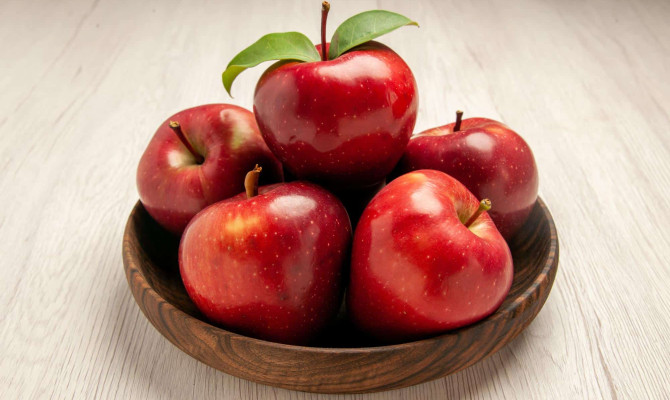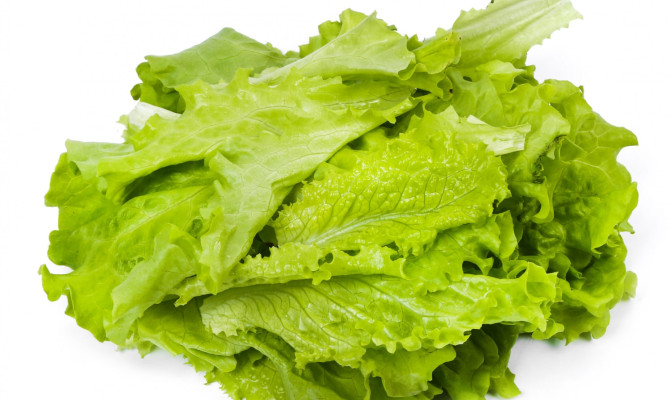Nutrition and Health Benefits of Carrot

- Carrots
- 17 Aug 2023
Overview
What is a Carrot?
Carrot (Daucus carota) is a delicious, nutritious root vegetable belonging to the Apiaceae family. Stems, leaves, and plant roots are eaten as food.
Carrots are usually orange, but other colors exist, such as white, yellow, red, and purple. Carrot roots are also used in making medicines. Carrot is a versatile crop that can be eaten in various ways.

Key Facts of carrot
- Carrot is indigenous to Europe and Southwestern Asia but widely cultivated worldwide.
- Carrot is a cold weather plant and grows best at temperatures ranging from 16 degrees to 21 degrees centigrade.
- Carrot grows from the seed and may take up to 120 days to mature.
- In 2020, China produced 44% of the world’s total carrots. The other chief producers of carrots are the United States and Uzbekistan 1Overview| Researched based study from Sciencedirect.com ,2Overview| Researched based study from Kew.org .
Nutrition
Nutrition in Carrot
Carrot contains water content ranging from 85 to 95%, and the edible part contains around 10% carbohydrate. In addition, carrots are low in fat and protein.
100grams of carrot consist of the following nutrients:
- Calories-41
- Water-88%
- Carbohydrate-9.6 gm (gram)
- Protein-0.9 gm
- Fiber-2.8 gm
- Sugar -4.7 gm
- Fat-0.2 gm
Carrot has a low glycemic index ranging from 16 to 60. The glycemic index is the rating system for carbohydrate-containing foods, and it measures how rapidly the food raises sugar levels after meals.
Fibers
- Carrots contain both soluble and insoluble fibers.
- The chief soluble fiber in carrots is pectin. Soluble fibers grow beneficial gut bacteria, reducing the risk of diseases and lowering blood cholesterol.
- The insoluble fibers in carrots are lignin, cellulose, and hemicellulose. Insoluble fibers help hydrate and keep the stool moving through the intestine. It improves gut health.
Vitamins and minerals
Vitamin A
- Carrots contain abundant beta-carotene, which the body converts into vitamin A
- Vitamin A is essential for satisfactory vision, immunity, cell division, and reproduction.
Vitamin K1
- Vitamin K1 is required for blood coagulation
- It regulates the binding of calcium in bones and other tissues
Vitamin B7 (Biotin)
- Biotin converts food into energy
- It helps in protein and fat metabolism
Vitamin B6 (Pyridoxine)
- Pyridoxine helps in normal brain functioning
- It keeps the nervous system and immune system healthy
Potassium
- Potassium is a mineral needed by all tissues of the body
- It is crucial for the proper functioning of the kidney, heart, and other organs 3Nutrition| Researched based study from Nlm.nih.gov
Bioactive compounds in carrot
Beta-carotene
- Beta-carotene is the coloring pigment found in plants
- Beta-carotene is abundant in orange carrots.
- It acts as an antioxidant and improves immune function, reduces the risk of infection, and promotes eye health.
Alpha-carotene
- It is a type of carotene like the beta-carotene
- It has antioxidant properties and neutralizes the free radicals in the body.
- Alpha-carotene is partially converted to vitamin A in the body.
Lycopene
- Lycopene is a pigment responsible for the red and pink colors in fruits and vegetables.
- It has antioxidant properties and neutralizes the oxidative stress in the body.
Lutein
- Lutein is a natural pigment present in plants
- It has antioxidant and anti-inflammatory properties
- It protects and improves the eye health
Anthocyanins
- Anthocyanins are deep red, blue, or purple color pigments found in plants
- It has antioxidant properties
Polyacetylenes
- It is a natural compound found in plants
- It has anti-cancer properties 4Nutrition| Researched based study from Sciencedirect.com
Health Benefits
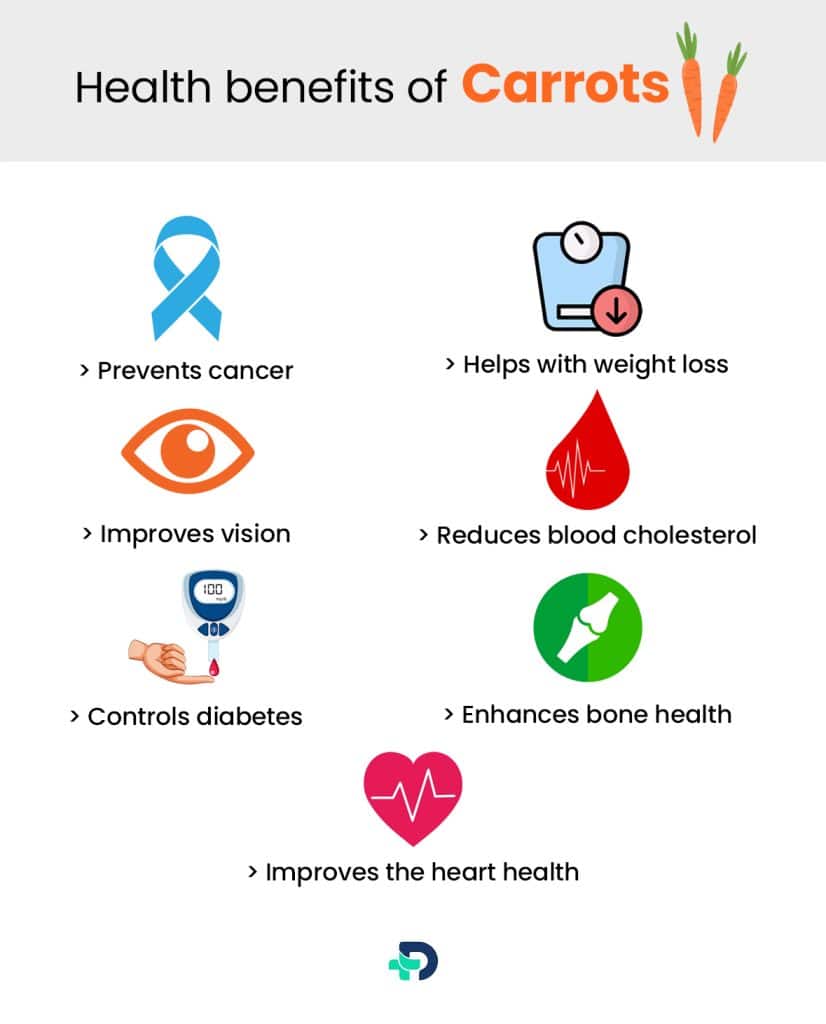
Health benefits of Carrot
The health benefits of carrots are as follows:
- Prevents cancer
- Helps with weight loss
- Improves vision
- Reduces blood cholesterol
- Improves the heart health
- Controls diabetes
- Enhances bone health
Prevents cancer
- Nutrients in carrots prevent abnormal cell growth
- It reduces the risk of stomach, colon, and prostate cancer 5Benefits| Researched based study from Nlm.nih.gov
Helps with weight loss
- Insoluble fibers in carrots keep the stomach full
- It reduces calorie consumption in subsequent meals 6Benefits| Researched based study from Nlm.nih.gov
Improves vision
- Nutrients in carrots might decrease the risk of night blindness
- It also prevents age-related macular degeneration (eye disease) 7Benefits| Researched based study from Nlm.nih.gov
Reduces blood cholesterol
- Nutrients in carrots decrease the total cholesterol
- It reduces the risk of heart diseases 8Benefits| Researched based study from Nlm.nih.gov
Improves the heart health
- Nutrients in carrots relax blood vessels and reduce the blood pressure
- It lowers the level of low-density lipoprotein and reduces the risk of heart diseases 9Benefits| Researched based study from Nlm.nih.gov
Controls diabetes
- Raw and boiled carrot has a low glycemic index
- It decreases the possibility of type 2 diabetes 10Benefits| Researched based study from Nlm.nih.gov
However, more research is warranted to prove the fact
Enhances bone health
- Nutrients in carrots improve the bone mass
- It reduces the risk of osteoporosis 11Benefits| Researched based study from Nlm.nih.gov
Dosage
Dosage of Carrot
The dosage of carrots as per scientific research is as follows:
Vitamin A deficiency (Adults)
- 100 grams of grated carrots for two months
Vitamin A deficiency (children)
- One spoonful of carrot jams daily for ten weeks 12Dosage| Researched based study from Nlm.nih.gov
Side effects
Side effects of Carrot
Carrot is likely safe when consumed in food amounts. Carrot is safe for up to four weeks when consumed in large amounts as medicine. However, consuming carrots in incredibly vast amounts for many weeks might cause the skin to turn yellow.
Most people can tolerate carrots well when applied to the skin. However, some people might experience the following side effects:
- Itching
- Skin rash
- Hives
- Swelling in the lips, mouth, face, and tongue
- Difficult breathing
Overeating of carrot
One consuming large amounts of fiber or rapidly increasing the fiber intake might experience the following symptoms:
- Stomach gas (bloating)
- Difficulty clearing bowels
- Abdominal pain 13Side effects| Researched based study from Nlm.nih.gov
Precautions
Precautions
- Nursing mothers and pregnant women can eat carrots in food amounts. But there needs to be more information if the carrot is safe in large amounts as medicines.
- Children can eat carrots in food amounts. However, children might avoid consuming in large quantities as it might cause the skin to turn yellow and tooth decay [14].
- A person allergic to celery (Apiaceae family plants) and related plants might avoid consuming carrots as it might cause the celery-carrot-mugwort-spice syndrome. Celery-carrot-mugwort-spice syndrome is an immediate allergic reaction to vegetables.
- People allergic to mugwort and birch pollen might also be allergic to carrots.
- Carrots grown in contaminated soil and water may contain large amounts of heavy metals, impacting their quality and safety 13Precautions| Researched based study from Nlm.nih.gov
Selection
Buying & Selection of Carrot
- Carrots have two seasons, spring and autumn, but one can buy carrots from the supermarket or farmer’s market all year round. One can purchase them fresh, pickled, canned, frozen, or in juice form.
- One must buy dry and firm carrots without any blemishes or decay.
- One must always prefer buying organic carrots, including other vegetables. Organic carrots are products of farming practices that do not use synthetic fertilizers.
- Eating organic carrots/vegetables reduces the risk of harmful pesticides (substances to kill pests).
Storage
- One can store carrots in a perforated plastic bag in the refrigerator for several weeks. Remove the green part of the carrot to prevent drawing moisture from the roots and to boost its shelf life.
- Before cutting carrots, one must scrub the outer dirt and bacteria with a vegetable brush under running water to prevent food poisoning.
Tips
Tips to include Carrots in the diet
Preparation of carrot
People can eat them raw, boiled, roasted, or steamed. The steamed or raw form provides the most nutritional value than boiled ones.
- Add carrots to soups and stews
- Add freshly sliced carrots to salads to enhance the taste
- Roast carrots and eat them as snacks to get the natural sweetness
- Make carrot with a blender and add it to smoothies
- Slice carrots, sprinkle some salt, and have it as a side dish or topping
- Cook carrots with other vegetables like beans, peas, and potatoes and have it as a side dish
- One can also mix carrots with butter and cheese and have it as snacks
Interactions
Interactions of Carrot
Blood pressure medication (antihypertensive medication)
- Consuming large amounts of carrots increases the blood pressure
- Taking wild carrot and antihypertensive medication viz; losartan together might decrease the efficiency of the drug.
Estrogen pills (Hormonal medication)
- Consuming large amounts of carrots has the same effect as estrogen pills.
- So, taking wild carrot and estrogen pills viz; estradiol together might decrease effectiveness.
Diuretic medication (water pill)
- Taking carrots might decrease the body’s ability to get rid of lithium.
- It could lead to increased lithium levels in the body resulting in serious side effects.
Photosensitizing drugs
- Photosensitizing drugs are medications that increase the sensitivity to sunlight.
- Carrot also increases the sensitivity to sunlight
- Taking wild carrot and photosensitizing drugs viz; ciprofloxacin together might increase the risk of sunburn, skin rashes, and blisters on sun exposure 15Interactions| Researched based study from Nlm.nih.gov
Takeaway
Key Takeaways
- Carrot is a tasty, nutritious, low-calorie sweet vegetable having many health benefits.
- Carrot is rich in beta-carotene along with other minerals and vitamins
- It is an excellent addition to a healthy balanced diet.
Any feedback on this article?
 This Articles content was accurate
This Articles content was accurate Very Informative Article
Very Informative Article I have a question or a comment
I have a question or a comment
 This article contains inaccurate content
This article contains inaccurate content This article was not helpful
This article was not helpful I have a question or a comment
I have a question or a comment
We appreciate your helpful feedback!
Checkout our social pages
References
-
Science Direct
Carrot - an overview | Overview
-
Board of Trustees of the Royal Botanic Garden
Carrot | Overview
-
National Library of Medicine
Chemical composition, functional properties and processing of carrot—a review | Nutrition
-
Science Direct
Carrot | Nutrition
-
National Library of Medicine
Plasma and dietary carotenoids, and the risk of prostate cancer: a nested case-control study | Benefits
-
National Library of Medicine
The effects of the fibre content and physical structure of carrots on satiety and subsequent intakes when eaten as part of a mixed meal | Benefits
-
National Library of Medicine
Associations between intermediate age-related macular degeneration and lutein and zeaxanthin in the Carotenoids in Age-related Eye Disease Study (CAREDS): ancillary study of the Women's Health Initiative | Benefits
-
National Library of Medicine
Effect of carrot intake on cholesterol metabolism and on antioxidant status in cholesterol-fed rat | Benefits
-
National Library of Medicine
Carrot Supplementation Improves Blood Pressure and Reduces Aortic Root Lesions in an Atherosclerosis-Prone Genetic Mouse Model | Benefits
-
National Library of Medicine
β-Carotene: Preventive Role for Type 2 Diabetes Mellitus and Obesity: A Review | Benefits
-
National Library of Medicine
Essential Nutrients for Bone Health and a Review of their Availability in the Average North American Diet | Benefits
-
National Library of Medicine
Advances in research on the carrot, an important root vegetable in the Apiaceae family | Dosage
-
National Library of Medicine
The bioaccumulation and physiological effects of heavy metals in carrots, onions, and potatoes and dietary implications for Cr and Ni: a review | Risk
-
National Library of Medicine
Carrot | Precautions
-
National Library of Medicine
Blood pressure control and sildenafil--carrot stick or sword of Damocles? | Interactions












